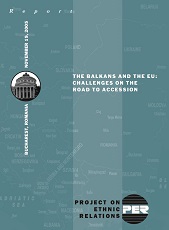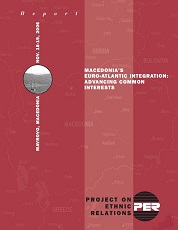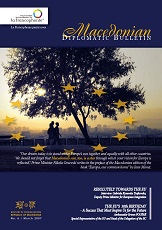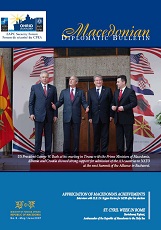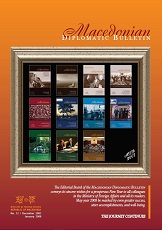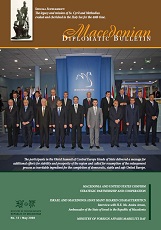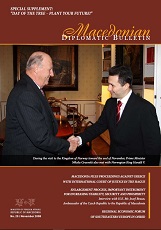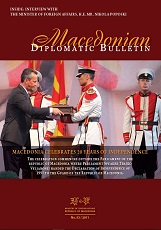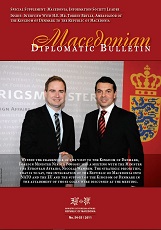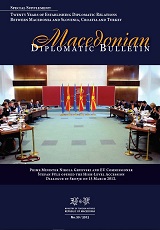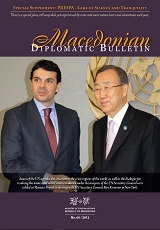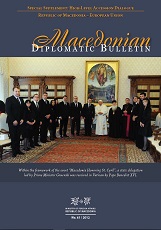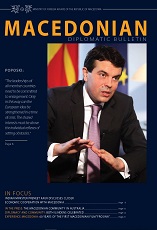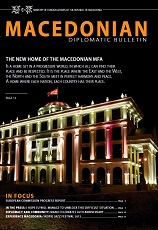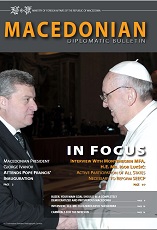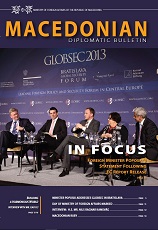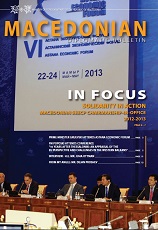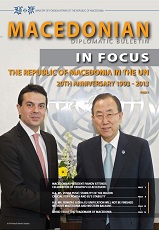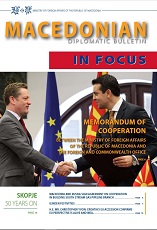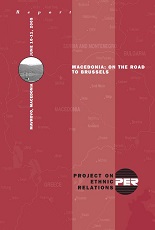
Macedonia: On the Road to Brussels
In June 2005, the Project on Ethnic Relations (PER) and the Embassy of Switzerland in Macedonia organized the fifth roundtable in the so-called “Mavrovo Process” series. These roundtables are an occasion for members of the Macedonian governing coalition (the Together for Macedonia coalition headed by the Social Democratic Union of Macedonia (SDSM) and the Democratic Union for Integration (DUI)), the parliamentary opposition and representatives of the international community to assess the implementation of the Ohrid Framework Agreement (OFA) and evaluate the coalition’s progress. The discussions also provide a forum for honest and open communication—off the record—among all parliamentary parties. The Mavrovo roundtables are always important events in Macedonian politics. They provide a forum wherein difficult and sometimes contentious issues of Macedonia’s daily politics can be discussed in a neutral space, free of everyday political pressures. In fact, coffee breaks, lunches and dinners between the sessions often turn out to be just as important as the plenary sessions themselves, as these provide chances for the participants to continue their discussions and build the trust necessary for reaching compromises. The Mavrovo series has also become a major channel for the political parties of Macedonia’s smaller ethnic communities. They use this unique opportunity to present their case to the other coalition members and to receive a sympathetic hearing.
More...
